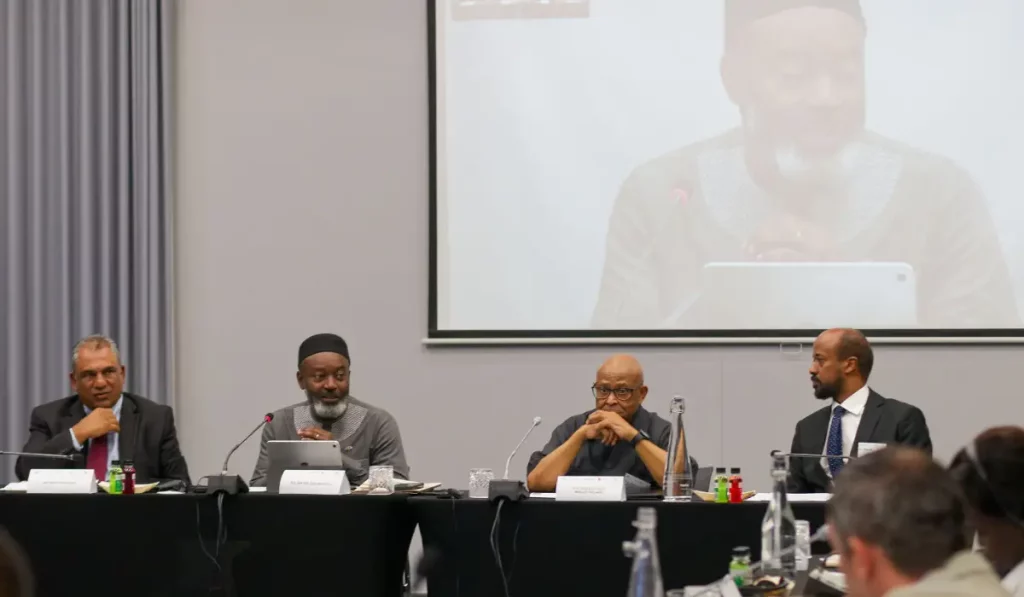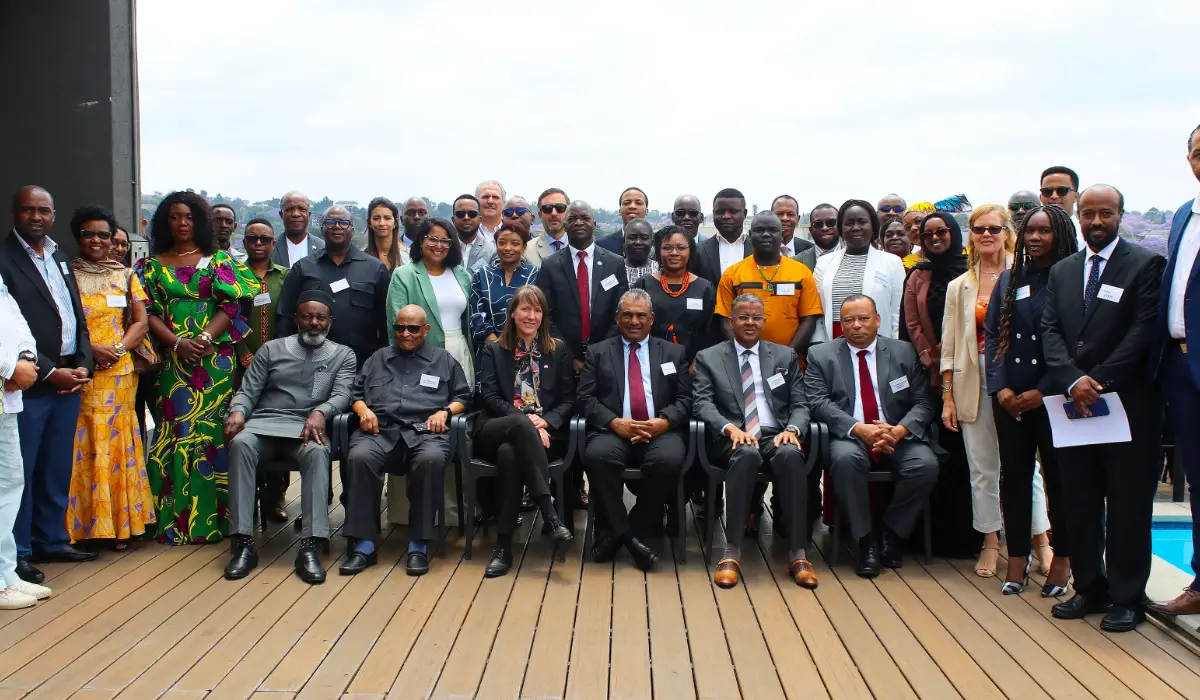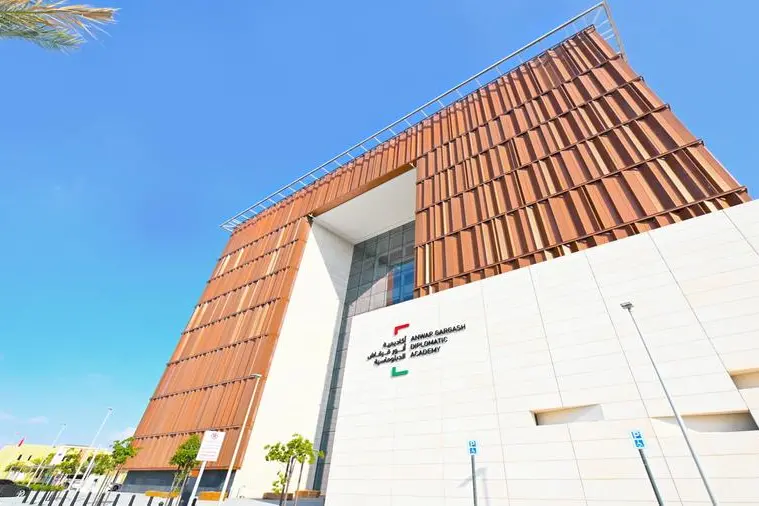On 22-23 October 2024, ACCORD in collaboration with the South African Department of International Relations and Cooperation (DIRCO) and the United Nations (UN) Peacebuilding Support Office (PBSO) hosted the Africa consultation for the 2025 Peacebuilding Architecture Review under the theme of “Harnessing Africa’s Collective Strength: Addressing Emerging Threats and Building Resilient Peacebuilding Architectures” in Pretoria, South Africa.
Participants from 14 countries across the continent representing civil society, academia, the African Union, government, and the UN highlighted the need to adopt the pact for the future to gear towards multilateralism. Discussions centred on establishing stronger links between the UN PBSO and regional and national mechanisms to enhance peacebuilding efforts.

The need for Africa to amplify its role in peacebuilding support discussions was a prominent theme, as participants pointed out that insufficient African influence has allowed non-African actors to shape the continent’s perspectives on the global stage. To ensure peacebuilding strategies align with local priorities and contexts, African nations must invest resources for sustainable peace, emphasizing the need for national ownership of peacebuilding processes.
Participants also recognized the importance of creating partnerships with the private sector to bridge the financial gap in peacebuilding activities. Collaborative efforts that involve civil society, youth, and the private sector are essential to tailor funding mechanisms to the unique needs of conflict-affected regions. Furthermore, the discussions explored digital peacebuilding strategies, highlighting the potential of technology to facilitate communication, dialogue, and collaboration in peace initiatives.
The consultation reinforced the need for a collaborative approach among various stakeholders, including the African Union, Regional Economic Communities, and the United Nations. This consultation aligns with ACCORD’s mission of strengthening the roles of multi-dimensional stakeholders in addressing complex conflicts across the continent.








